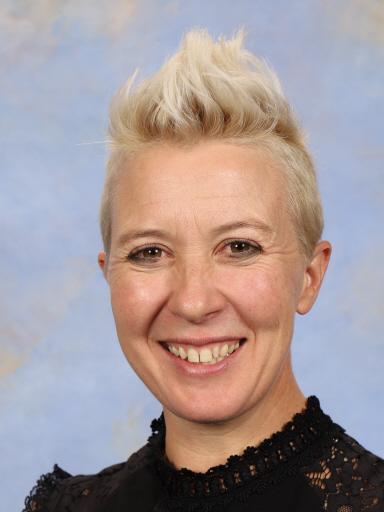MUSIC

Music and the Brain
This week in Music and the Brain I explain why music is now considered a foundational subject.
While for many years music learning was considered an extra activity to fit into busy lives, contemporary educators now recognise that music is, in fact, a foundational subject, and neuroscientific research tells us why this is so.
When we play an instrument while reading notation we activate the following cortices and areas in our brains:
- auditory cortex
- auditory association area
- visual cortex
- visual association area
- primary motor cortex
- motor association cortex
That’s a dynamic neural workout!
But that’s not even the most exciting discovery neuroscientists have made about music learning. Where music training really maximises its impact on non-musical learning is through the cultivation and nurturing of neuroplasticity. When we learn, our neurons send electrical signals to each other. When we play an instrument while reading music, our neurons communicate not just within, but across cortices and areas of the brain, creating high levels of electrical activity. From this aggregate level of electrical activity in the brain, we can deduce the level of neuroplasticity, or interaction between the cortices and areas. Neuroplasticity is found to be much higher in children who engage in sustained, frequent repetitive instrumental learning while reading music than in children who do not.
That’s why the very act of learning to play an instrument is good for your child’s brain development, regardless of whether they grow up to be a Bruce Springstein, Eddie Van Halen, Pavarotti, Lindsay Stirling or Jacqueline Du Pre.
Band and Stage Band
Band and Stage Band are back this term with full ensemble rehearsals. This term we start new pieces with our new rhythm sections. We may also still have the opportunity to compete in the Australian Schools Band and Orchestra Festival, which this year is being run online! With entries closing at the end of November, I am working to find an opportunity for us to make a video recording submission.
Encore Pathways
Our Encore Pathways students are making extremely good progress. This term these students will have two very exciting opportunities:
Ensemble experience
Encore Pathways students will participate in orientation sessions with the Band or String Sinfonia. These students will attend three rehearsals for either Band or String Sinfonia, where they will be able to observe and play along with more experienced students. The Ensemble experience is the third pillar of our four-pillared music education program. The four pillars are:
- The lesson
- The practice
- The ensemble experience
- Performance
It is through participation in each of these four pillars that students gain the ultimate benefits from music training, which can be grouped into three areas of development: neuroplasticity, executive function and social skills.
Encore Year 8 2021
Encore Pathways students will have the opportunity to apply for Encore Year 8 2021. The 2021 Year 8 Program offers students a program of small group tuition, ensemble experience, masterclasses and extended musical theory within the mandatory music course.
Encore Year 7 2021
Entries for Encore Year 7 2021 close today. This is a highly recommended program for students with existing musical skill on an instrument, who will be in Year 7 2021. If you have a friend or family member who plays an instrument, encourage them to apply for this outstanding program. Information and application material.
Clare Brassil | Director of Music Performance


